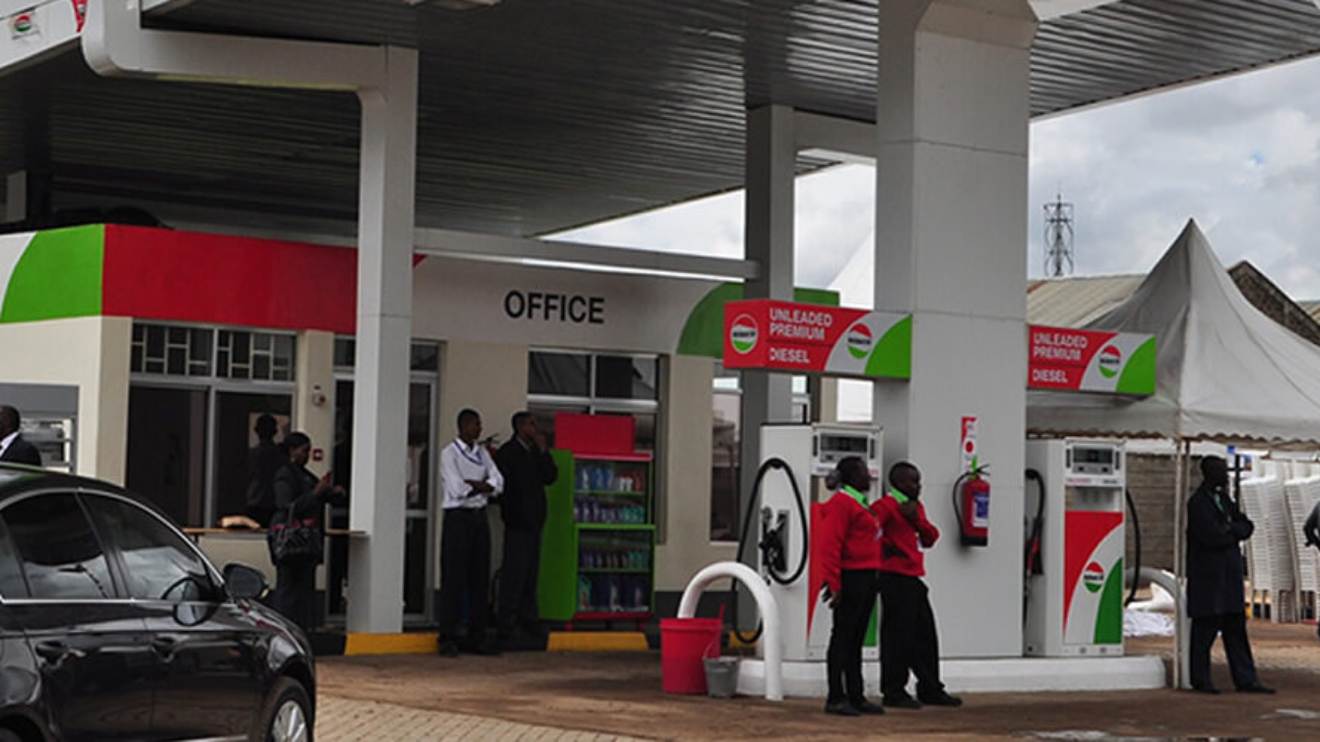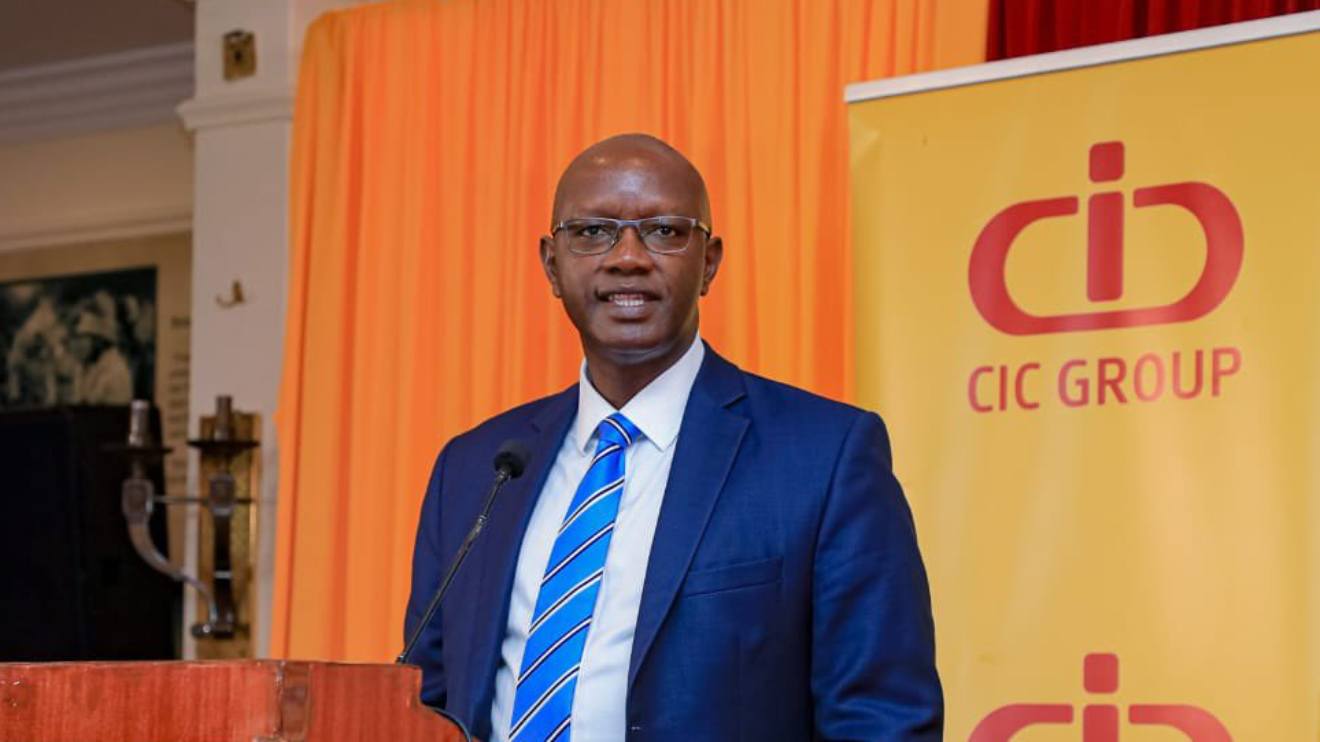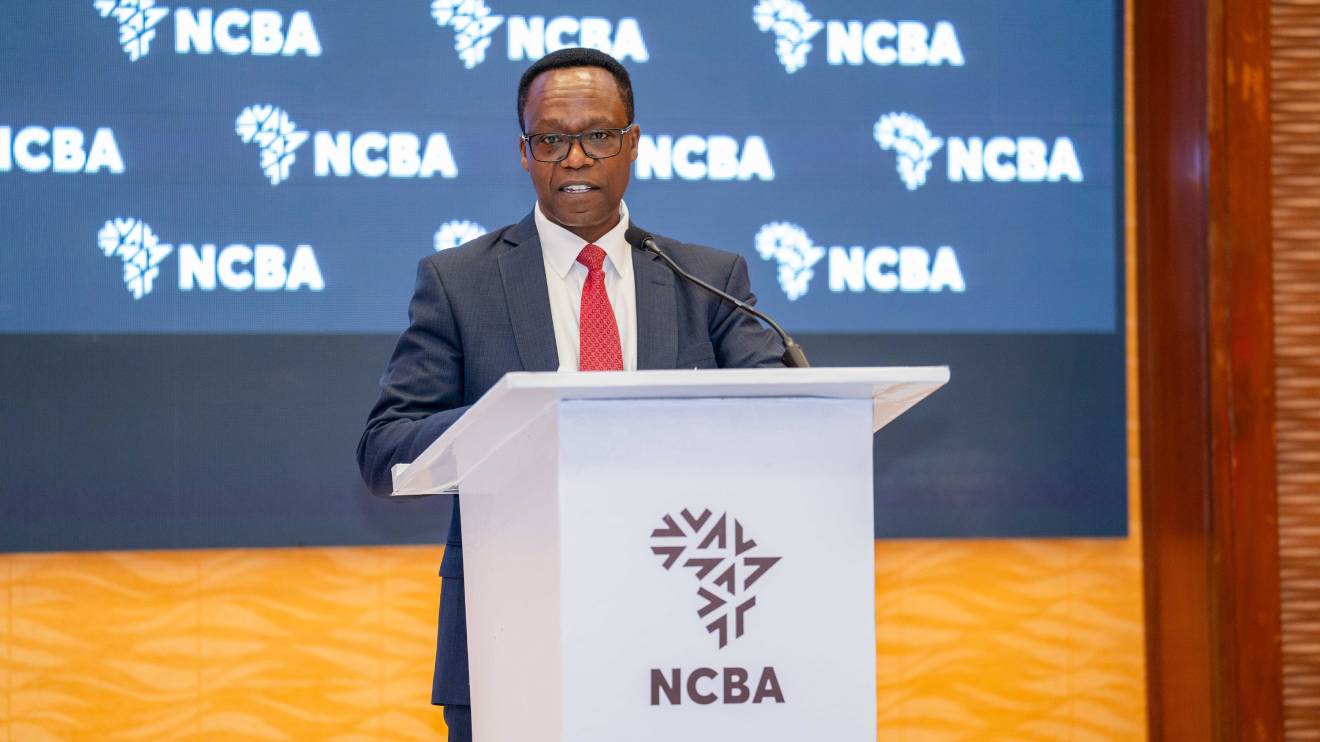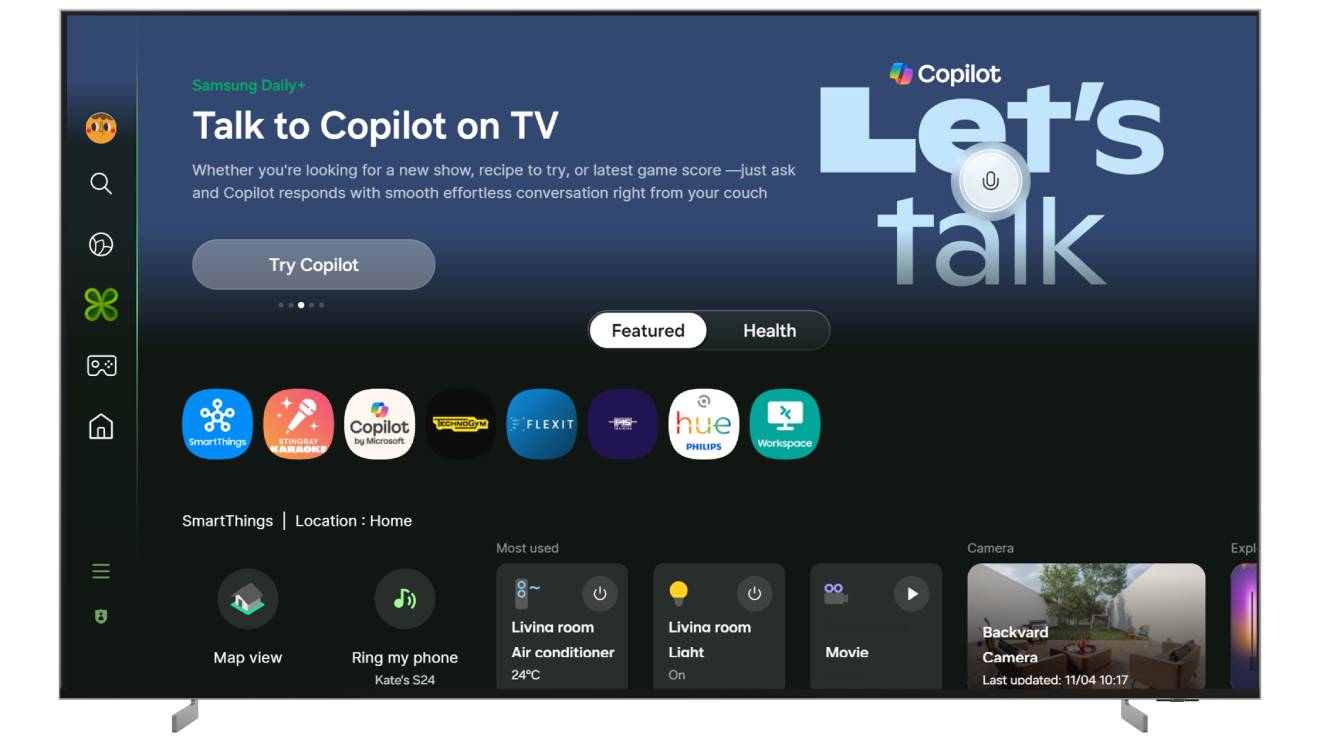The National Oil Corporation of Kenya (NOC) is in the final stages of its quest for a strategic partner among the country's top oil multinationals.
In a bid to bolster its turnaround plan, NOC has extended invitations to Vivo Energy, TotalEnergies Marketing Kenya, and Rubis, with the expectation that one of these industry giants will inject at least Sh5 billion into the State-owned firm.
This initiative comes as NOC endeavours to reduce its reliance on the Treasury, charting a course towards financial independence and operational revitalization.
The corporation has made the market-sounding exercise a key element in identifying potential non-equity partners who can provide the necessary working capital and cash infusion to upgrade its service stations.
A confidential source within NOC has disclosed, "We sent out RSP (request for partnership) to the companies as part of our market-sounding survey to pick the best partner. We expect responses, then we will go to the next step. Remember there is a deadline at the end of this month."
Read More
Originally, NOC had a deadline of the end of last month to secure an oil marketer partner.
However, delays from the Treasury in granting approval for the deal have extended the deadline to the end of October, giving the corporation more time to secure a strategic partnership.
The oil marketers that NOC has approached include market leader Vivo Energy, TotalEnergies Marketing Kenya, and Rubis.
As of December last year, Vivo Energy led the Kenyan market with a 22 percent share, followed by TotalEnergies Marketing at 16.39 percent and Rubis with a 10 percent share.
The prospective partnership between NOC and one of these industry giants will have a significant impact on the local market.
It will enhance the participating oil major's share in the market, making the deal even more crucial at a time when competition for customers among the top three marketers is fiercer than ever.
In recent years, Vivo Energy, TotalEnergies Marketing, and Rubis have aggressively expanded their presence, opening new stations in major towns and along key highways, aiming to increase their market share and revenues.
NOC, however, has been unable to keep up with these initiatives, due to cash flow issues and reduced allocations from the Treasury.
At its peak, NOC boasted a retail footprint of 110 service stations, which included 13 stations acquired from BP in 2009 and an additional 33 stations from Somken a year later.
However, years of financial struggles and losses have taken a toll on NOC's competitiveness, reducing its market share to a mere 2.2 per cent as of December last year.
This recent development follows the Cabinet's approval of NOC's revival and commercialization efforts, prompted by the Treasury's desire to reduce taxpayer funding for the corporation.
Currently, NOC is in a precarious financial situation, with its current liabilities for the year ended June 2021 surpassing current assets by Sh6.3 billion, rendering the firm technically insolvent.
It is worth noting that NOC's search for a strategic partner occurred shortly after Vivo Energy's entry into a retail supply agreement with Lexo Energy, a move that enhances Vivo Energy's dominance in the industry.
While Vivo Energy has chosen to rebrand Lexo Energy's stations, emphasizing the "retail supply agreement," it suggests the company's continuous pursuit of strategic growth in the sector.


-1756474472.jpg)



-1753733469.jpeg)


